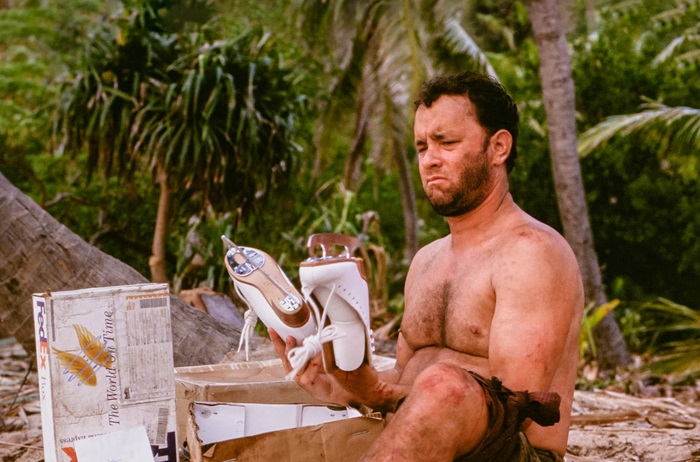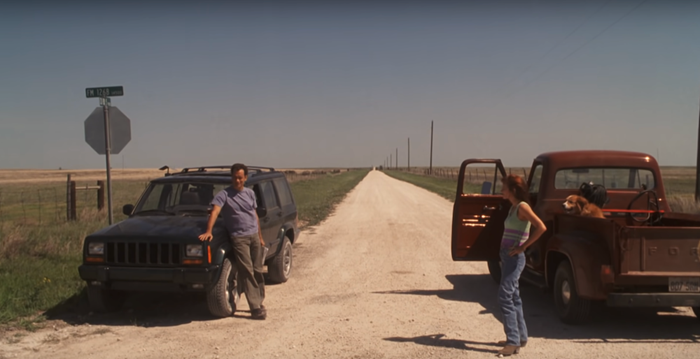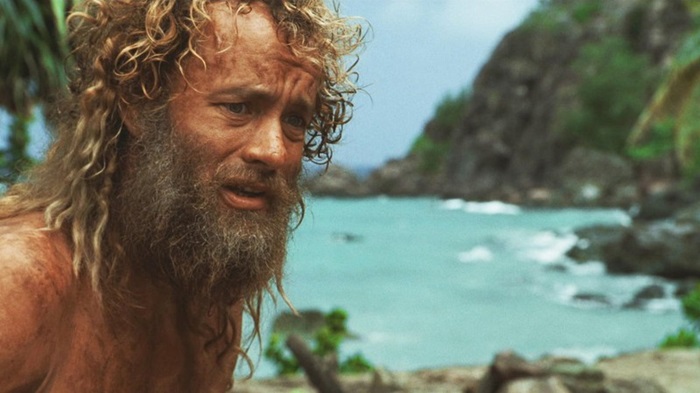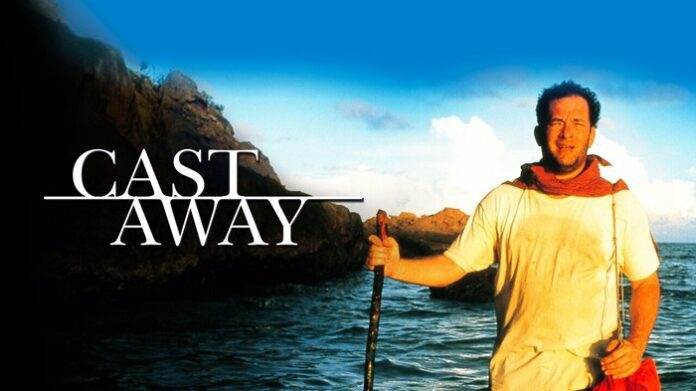The movie Cast Away is not based on any true story. However, the action-thriller was inspired by several real-life stories of people who survived similar circumstances in the past. The writer of the script, William Broyles Jr., also took inspiration from his personal encounters on a South Pacific island. Legendary actor, Tom Hanks’ excellent portrayal of Chuck raised questions about how much of the plot was based on true events.
The ending of Cast Away was left open-ended, with Chuck standing at a crossroads and wearing a smile that is either bittersweet or hopeful for the future. This end has been the subject of different interpretations depending on viewer/critic’s discretion.
Is Cast Away a True Story?
No, the precise narrative of Cast Away is not based on a real-life event. However, the film’s story drew inspiration from various true stories of individuals who endured being stranded on uninhabited islands. One notable account is that of Alexander Selkirk, a Scottish sailor stranded on the Juan Fernández Islands in the South Pacific from 1704 to 1709. Selkirk’s experiences purportedly influenced Daniel Defoe’s novel Robinson Crusoe, considered the first modern novel.

The writer of Cast Away, William Broyles Jr., also found inspiration in his personal encounters, having spent several weeks alone on a South Pacific island. His goal was to authentically depict the physical and psychological trials of solitary survival in the wilderness.
The film’s director, Robert Zemeckis, took meticulous measures to enhance realism. Tom Hanks underwent a significant weight loss to portray the appearance of years of isolation convincingly. Additionally, the movie was filmed on location in Fiji, contributing to an authentic atmosphere.
Due to its meticulous attention to detail, Cast Away is frequently commended for its authenticity. Critics praise the film as a compelling and emotionally resonant narrative about survival, hope, and the indomitable human spirit.
Cast Away Ending Explained
The ending of “Cast Away” is both bittersweet and hopeful. Chuck Noland, after four years of isolation on an uninhabited island, is finally rescued and returns to civilization. However, he has lost everything that was important to him, including his job, his girlfriend, and his old life.

The film ends with Chuck working as a FedEx deliveryman. He delivers a package to a woman named Bettina Peterson, who is the sender of the unopened package that Chuck found on the island. The package contains a photograph of Chuck, Kelly, and their child. Chuck smiles as he realizes he has found closure and can finally move on with his life.
However, this ending has been subject to several interpretations by fans of the film. It has been opined that the unopened package that Chuck found on the island is a symbol of his lost life. It contains a photograph of Chuck, Kelly, and their child. This photograph represents everything that Chuck has lost and is a reminder of the life that he can never have back.
The fact that Chuck delivers the package to Bettina Peterson, the sender of the package, suggests that he is finally ready to move on with his life. He is acknowledging the past, but he is not dwelling on it. He is ready to start a new chapter in his life.
The final scene of the film shows Chuck smiling as he walks away from Bettina Peterson’s house. This smile is ambiguous. It could be interpreted as a sign of happiness and optimism, or it could be interpreted as a sign of sadness and resignation. Ultimately, the meaning of Chuck’s smile is up to the viewer to decide.
Where Can I Watch Cast Away?
To watch Cast Away, explore well-known streaming services such as Netflix, Amazon Prime Video, Hulu, Disney+, etc. The film was previously accessible on platforms like Amazon Prime Video and Hulu, but these services regularly update their content, so its availability may have changed.

Alternatively, you can rent or buy the movie through digital platforms like iTunes, Google Play Movies & TV, Vudu, or YouTube. If you have a cable or satellite TV subscription, the movie may also be available on-demand through your service provider. Be aware that movie availability on streaming platforms is subject to change, so it’s advisable to check the current listings on your preferred platform.

